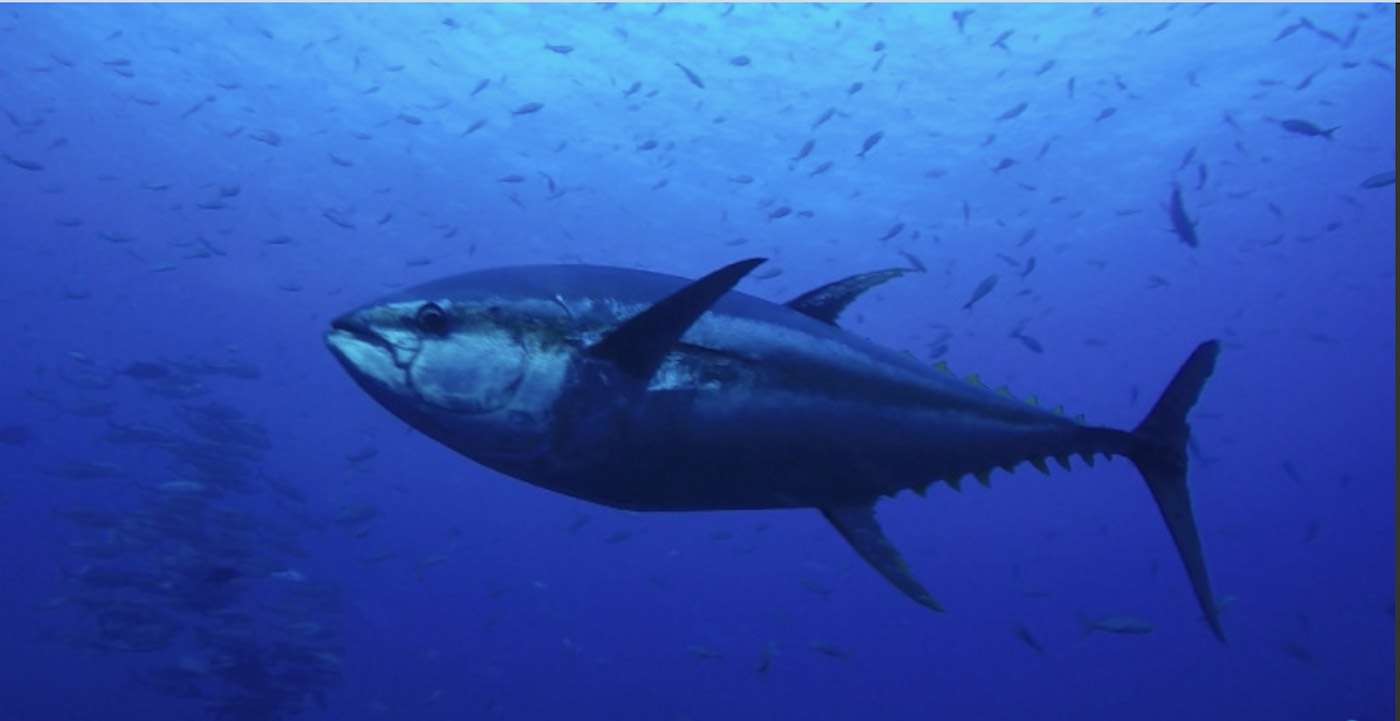Tens of Millions Now Have Power Thanks to Off-Grid Solar Systems -Many of Them Recycled
Millions remain around the world without affordable access to electricity, but could the second-hand solar panel market solve it for cheap?

Four commercially-fished tuna species are on a significant path to recovery thanks to the enforcement of regional fishing regulations over the last ten years, according to yesterday's update of the IUCN Red List of Threatened Species.
"Today's IUCN Red List update is a powerful sign that, despite increasing pressures on our oceans, species can recover if states truly commit to sustainable practices," said Dr Bruno Oberle, IUCN Director General.
States and others are now gathered at the IUCN World Conservation Congress in Marseille, France, to work towards binding targets that will increase and maintain biodiversity across the planet.
"The newly released results on the status of commercial tunas emphasize that sustainable fisheries are possible," said Dr Beth Polidoro, Associate Professor at Arizona State University and Red List coordinator.
In the Red List update, the seven most commercially fished tuna species were reassessed. Four moved in a positive direction thanks to countries enforcing more sustainable fishing quotas and successfully combatting illegal fishing:
"The take home message for the general public is that things like albacore tuna-which is the one that is widely on supermarket shelves-is of least concern now," Craig Hilton-Taylor, who heads the IUCN Red List, told BBC News. "It means that what they're eating has been sustainably caught and is well managed."
Despite global improvement at the species level, some regional tuna stocks remain depleted. For example, while the larger, eastern population of Atlantic bluefin tuna, which originates in the Mediterranean, has increased by at least 22% over the last four decades, the species' smaller native western Atlantic population, which spawns in the Gulf of Mexico, has declined by more than half in the same period.
"These Red List assessments are proof that sustainable fisheries approaches work, with enormous long-term benefits for livelihoods and biodiversity," said Dr Bruce Collette, Chair of the IUCN SSC Tuna and Billfish Group. "Tuna species migrate across thousands of kilometers, so coordinating their management globally is also key."
Share The Ocean of Good News With Tuna-loving Folks on Social Media…
Be the first to comment